Did you know that we are kind of addicted to Malawi coffee? Not just because it’s local, but also because the quality is fantastic. We hope it will soon be mentioned among famous coffee countries, such as Ethiopia and Colombia. By making the right choices when buying coffee, you could even contribute to the protection of Malawi’s rainforest. We often write about the reasons why a trip to this unknown holiday destination is so incredible. Now it’s time to give all coffee lovers an extra reason to visit Malawi!
Malawi coffee producers
Like tea, the first coffee was grown in Malawi from the late 1800’s. British settlers started a number of large plantations in the south of the country. The workers were paid next to nothing, so only a few people wanted to continue working here after Malawi became independent in 1964. The new government tried to stimulate coffee production, but a disease in the plants in the 80’s and 90’s brought everything back to a minimum.
A few large organizations have now restarted and you can also find some small coffee farmers throughout the country. Although they struggle to export or sell their relatively limited harvest locally.
Fortunately, the situation is improving, for example around Ntchisi, at about a three hours’ drive from Malawi’s capital Lilongwe.
Ntchisi Forest Lodge
To get to Ntchisi Forest Lodge, you drive quite a bit on sandy paths that only make 4X4 enthusiasts happy, especially during rainy season. Luckily there are signs, because you could easily get lost on all the winding roads through the hills. Just when you start to wonder what you’re getting yourself into, you arrive at the tranquil Ntchisi Forest Lodge.
Like the other Forest Lodges in Malawi, the main building here was put up to provide accommodation for people who worked on the tree plantations. By now, Malawi’s Forestry Department is no longer that active in this area.
The lodge was put into use for tourism years ago and got into the hands of The Commonage in 2019. This is part of a larger German company, which buys coffee from small farmers in several countries. Everything with an eye for sustainability.
Hiking in the rainforest
After a delicious breakfast, we explored Malawi’s only rainforest. We hiked for a few hours on narrow paths. We walked through dense areas with hundreds of shades of green. There are beautiful large trees, which are full of birds and even the special Samango monkeys. We also found great viewpoints, where you can enjoy the rolling hills in the distance while sitting on a large rock.
During our hike, we saw fields on the edge where there used to be rows of eucalyptus and pine trees. These had now been cut down to make space for indigenous trees and plants.
The Ntchisi Forest Lodge team is involved in restoring and protecting Malawi’s only rainforest.
Together with local farmers
They have projects to educate communities in this area about the prevention of forest fires. In addition, agreements have been made with local chiefs about combating logging in the rainforest. But perhaps the most sustainable and efficient way to protect Ntchisi Forest, is coffee.
The microclimate here seems to be suitable for specialty coffee. In 2010, Mr Benson was one of the first to start planting coffee trees here. He got these from missionaries, who advised him to join a large coffee cooperative from northern Malawi. They gave advice on growing, harvesting and drying the coffee beans, which they then bought. Unfortunately, they paid very poorly and usually late, which meant that Mr Benson and his fellow coffee farmers weren’t able to move forward. Leaving that cooperative didn’t offer any prospects either.
Until Martin and Tim of The Commonage came into the picture.
Curious about Malawi coffee
In 2017, Martin had just started a restaurant in Malawi’s capital, Lilongwe, when a stranger brought him a ziplock bag. This contained coffee from his own plants in the Ntchisi area. He asked Martin if he would like to try this and if he could please have the ziplock bag back after that, because he only had one.
This turned out to be delicious coffee and shortly after, out of curiosity, Martin decided to visit the area. He soon saw more potential in both the coffee and the people there. Agreements were made so that the farmers would from then on sell their coffee beans to The Commonage. Not only did they now get paid immediately, they also finally got a fair price for their work and their product.

Martin explains about the coffee cherries. Women are also given the chance to be a part of the farming here
When Martin got the chance to take over Ntchisi Forest Lodge, he made it part of The Commonage. Now this is the base from which he works with Mr Benson and his colleagues. The fair prices and better transfer of knowledge are the reason that forty farmers now grow Malawi coffee here. They have set up a new cooperative together with The Commonage and it continues to grow. (Update: during our visit in August 2024 we learned that there are now 76 smallholder coffee farmers working together, with more still on a waiting list!)
Coffee tour
We were shown around the hills where the coffee trees grow so well. The temperature here is perfect and it seems that the wind from the Indian Ocean also contributes to the coffee taste. Moreover, the altitude at 1400 meters is ideal. The only challenge is the long duration of the dry season here. But because The Commonage provides loans to farmers at 0% interest to build an irrigation system, they manage to get a great harvest each year. Luckily there’s no shortage of groundwater in this area.
Those dry months have the advantage, though, that the cherries of the coffee trees can be dried outside in the sun. By experimenting with drying on the ground, in a net, with or without peel and before or after washing, the team hopes to achieve even better taste and quality of the coffee.
Did you know that coffee is a fruit? I just mentioned the cherries, which you can eat right off the tree. The coffee is ultimately made from the pit, the bean, in the cherry. The cherries on a tree do not all ripen at the same time. You get the best coffee from the red cherries, which are picked here manually. On large plantations in other countries, machines do this job, giving you a mix of unripe, ripe, and overripe cherries. By selecting only the best cherries here, the Malawi coffee tastes much better!
Ntchisi Forest protected by Malawi coffee
Coffee trees need shade, so they grow here among all kinds of indigenous tree species. No bare plains with mono-culture, but really as part of nature and the ecosystem. The combination of different tree and plant species ensures a rich soil full of nutrients.
In the coffee field right next to the village, people plant sweet potatoes and beans between the coffee trees. There are also guava and macadamia trees, plus a number of native ‘wild’ plant species. Since everything has been grown together in the fields, the harvests have increased enormously.
And that is exactly the way to protect Ntchisi Forest. A buffer zone is being created around the rainforest. All non-native trees are cut down, so that native species can recover. This process is accelerated by planting seedlings as well. Everywhere in between, the coffee trees grow. As the farmers see their harvest and income grow, they and their families work hard to protect the rainforest.
Also, by having all these different trees on their land now, these farmers don’t need to collect firewood from the forest anymore. Which is amazing progress in a country where illegal tree cutting for firewood and charcoal is a real challenge.
Sustainable coffee tastes best
Most coffee beans are exported to Germany after drying. There they are roasted and sold. In Europe, people pay much better prices for good quality coffee than locally.
During roasting, the sugars in the coffee beans caramelize. This creates aroma and taste. The coffee tastes best if it is ground and drunk within three months of roasting. Thanks to Tim, The Commonage got its own roaster at Ntchisi Forest Lodge in 2021. Some of the beans are now also sold in Malawi. And of course, that’s the coffee you get at the lodge.
You can’t deny that it’s a very special feeling to drink a delicious espresso or cappuccino, less than half a kilometer from where the coffee was grown, picked, dried in the sun and roasted. Coffee from ‘farm to cup’ cannot be tastier and more sustainable than here!
The harvest season is from mid-June to early September. Let us know if you want to make this Malawi coffee experience part of your dream trip! Also in the other months, Ntchisi Forest Lodge is very beautiful to visit. They apply the ‘farm to table’ concept to as many products as possible in the lodge. For example, you get freshly baked bread with their own jam and local vegetables from the season. And their signature affogato with espresso from their own coffee and local macadamia ice cream, is yet another reason to go to Ntchisi Forest Lodge!
We love honest, pure and unique travel. You too, right? Schedule a no-strings-attached Zoom call with us now, to hear how we will make you fall in love with Malawi!

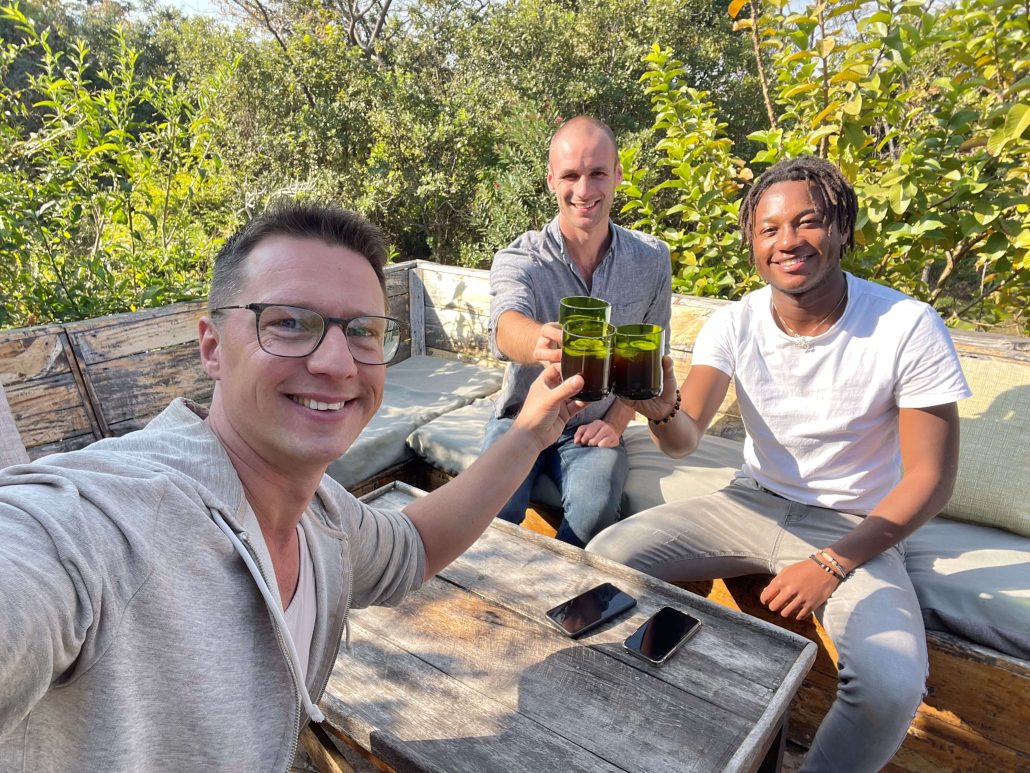

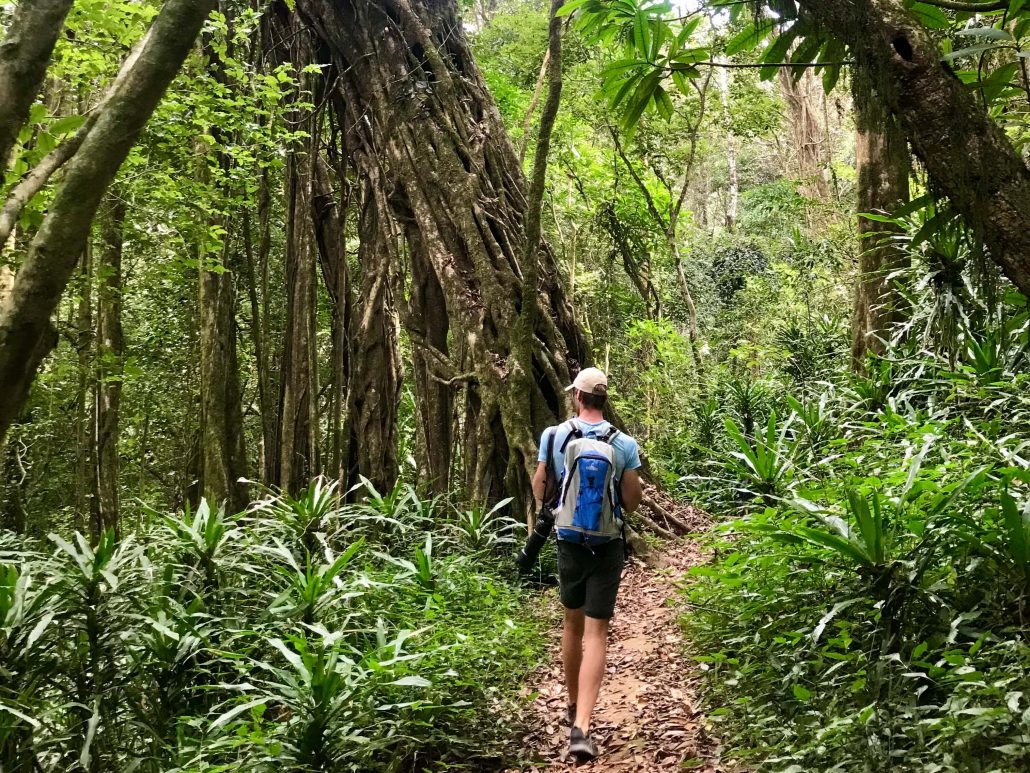


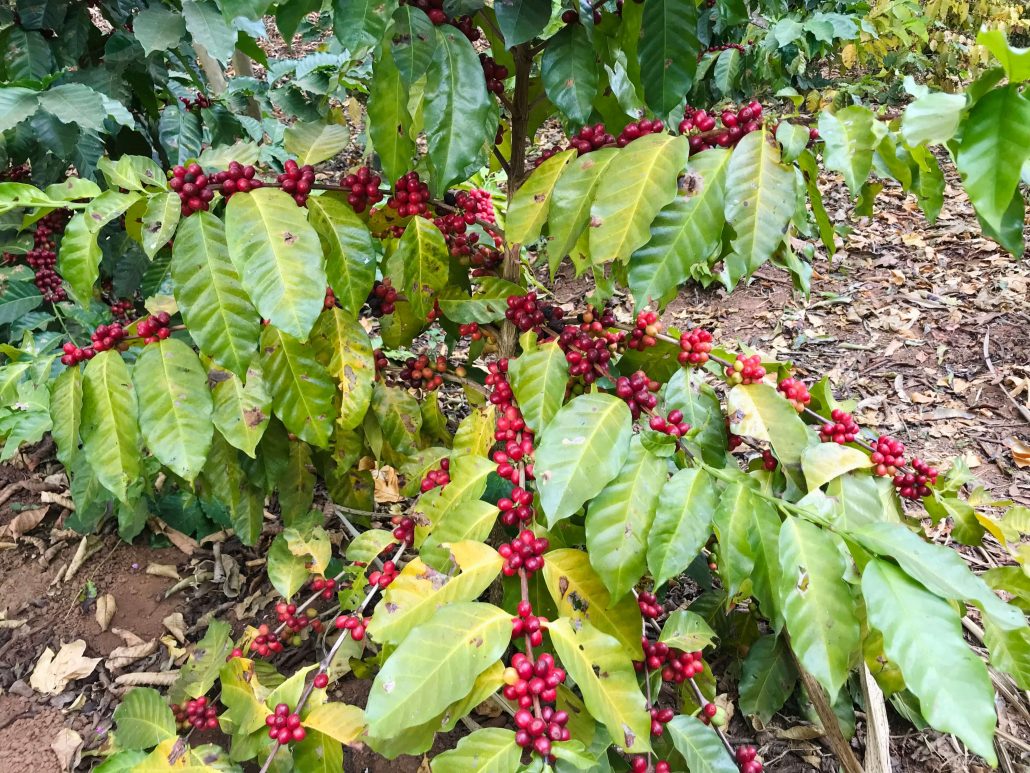
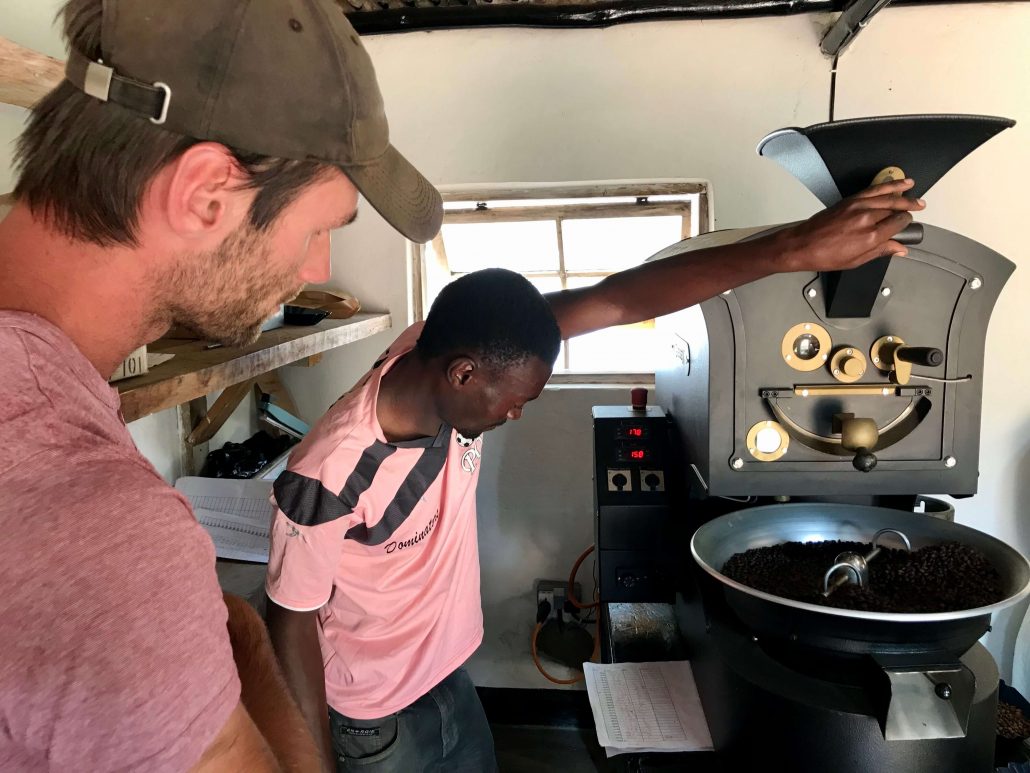
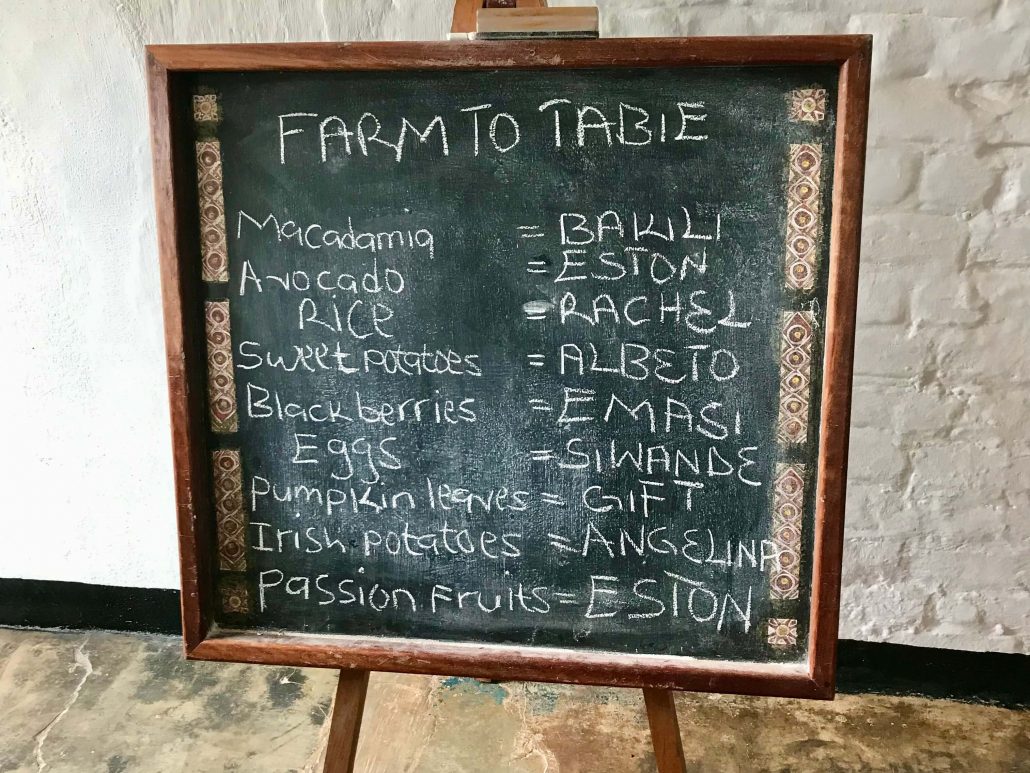
Please send me more info
about Ntchisi Lodge.
Dear Felix, Thank you very much for your interest. Kindly send us an e-mail, so that we can reply with all required information. Zikomo!
Guys you have inspired me with your brief and good information regarding Ntchisi.
On 10th December, this coming weekend am going there with my 2 clients and will use this information when guiding not forgetting to mention you guys.
Thank you, Knox, that’s awesome. Have a great trip!
Hi Dilo, please send us more information, we would like to visit you in September.
Best regards
Silvia
Hi Silvia, thanks for your message! Great that you’ll be visiting Malawi. Please send me an email with what kind of information you require exactly. Looking forward to meeting you!